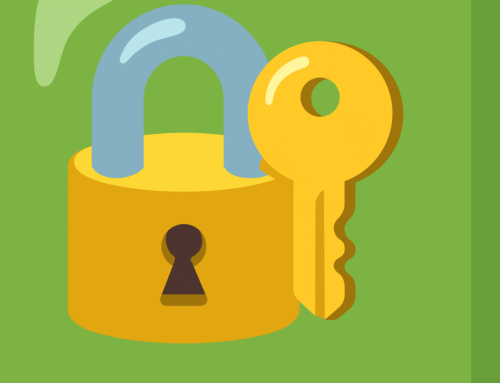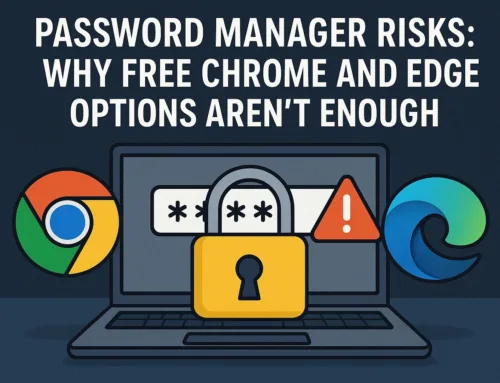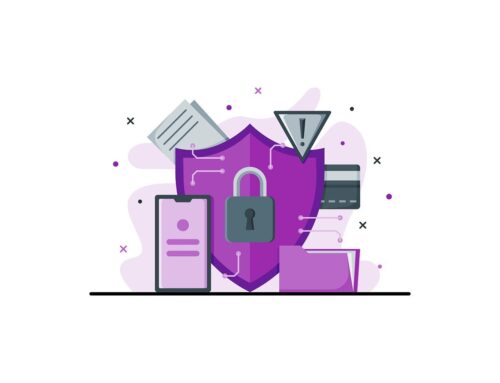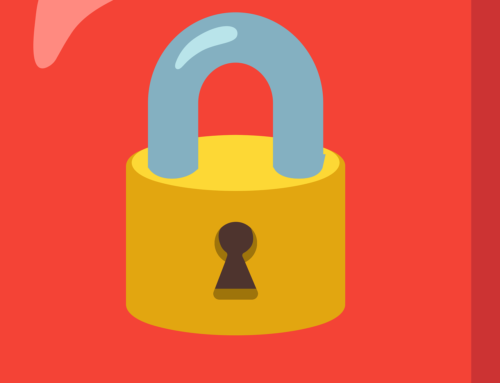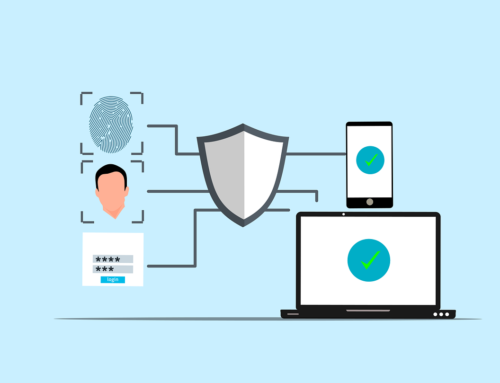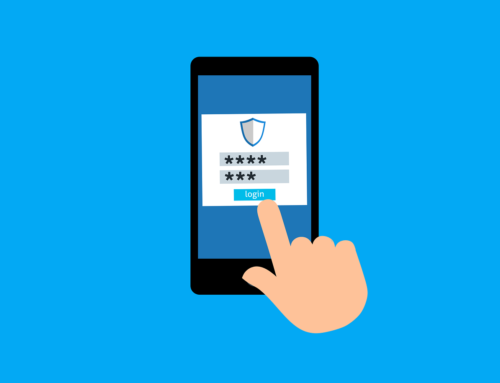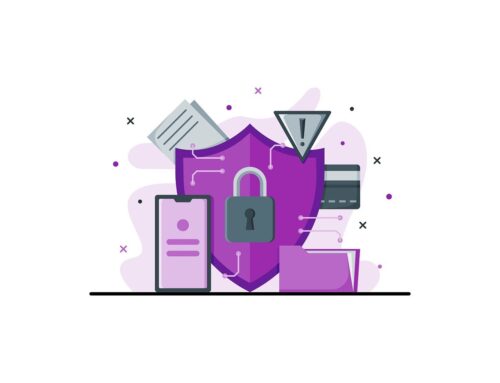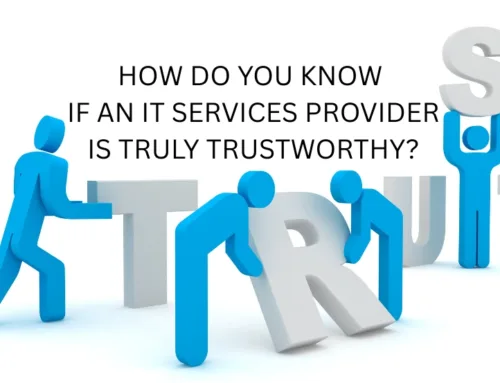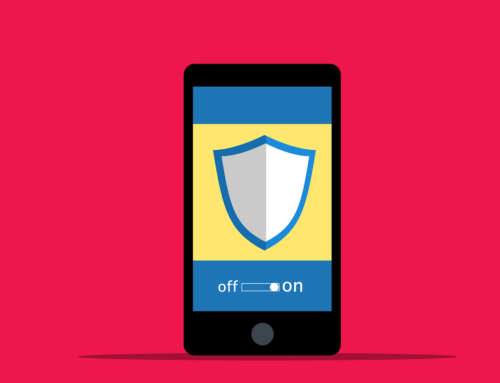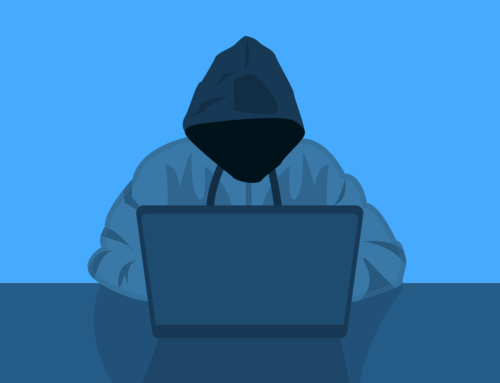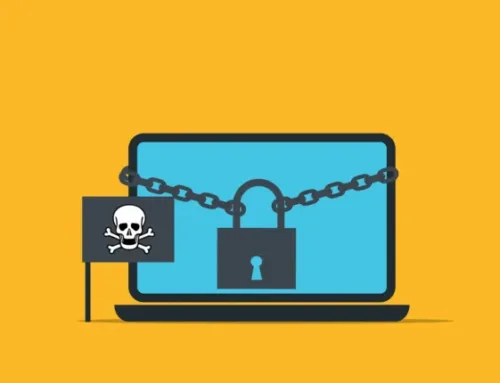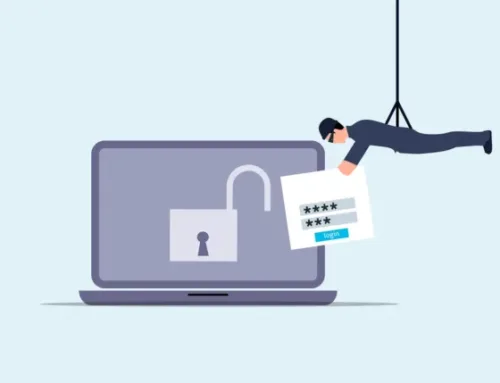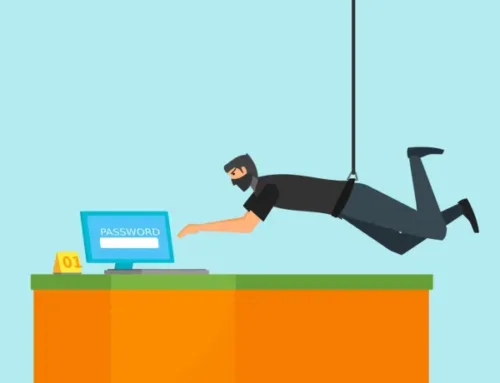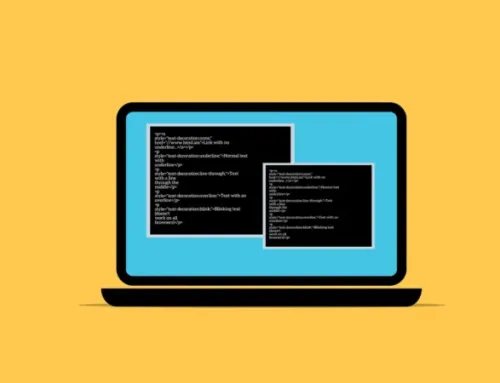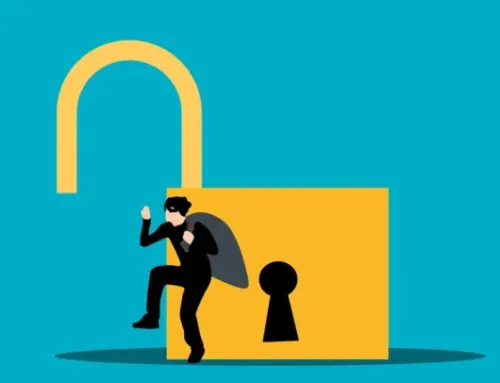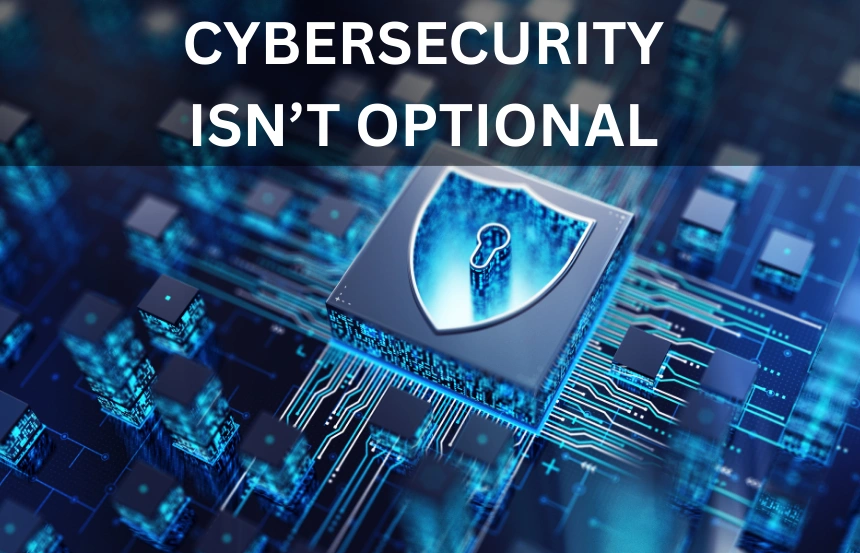
If you run a small business, it’s easy to think hackers won’t come after you. But they will. In fact, they already are. Cybercriminals target small firms more than ever before. They know small businesses don’t always have strong defences in place. That makes them an easy target. Many business owners still believe they’re too small to be noticed. Sadly, that false sense of security can cost everything.
Cybersecurity for small businesses isn’t just a good idea—it’s a must. One weak password or outdated system can cause chaos. And the damage can go far beyond lost money. Your data, your reputation, and your customer trust are all at risk. And recovering from a cyberattack takes time, money, and a lot of stress.

Cybersecurity for Small Businesses Means Facing Real Risks Every Day
Many hackers see small businesses as low-hanging fruit. They know your systems might lack strong protection. That makes you an ideal target. Phishing attacks are getting more advanced. A single employee clicking the wrong link can trigger a serious security breach. Ransomware doesn’t just hit big corporations. Cybercriminals can lock you out of your systems and demand payment to restore access.
If you collect customer data, you’re responsible for protecting it. A breach could destroy trust and damage your reputation. Your financial details are gold to hackers. They’ll go after bank credentials and payment systems whenever they can. Even your supply chain puts you at risk. Hackers might use your business as a path to larger companies you work with.
Insider threats are real. One careless or unhappy staff member can open the door to an attack. Malware infections can slow your systems, corrupt important files, or secretly steal data in the background. Business email compromise is growing fast. Scammers may impersonate you to trick your clients into sending money. Credential stuffing is another concern. Hackers try stolen passwords across sites, hoping someone reused their login info.

Ignoring Cybersecurity for Small Businesses Can Lead to Legal Trouble
Laws around data breaches are tightening. Many countries require quick reporting—and failure comes with fines. If you handle personal data, like names or contact details, you must protect that information under GDPR and similar rules. Industries like healthcare, finance, and education face even stricter regulations. Non-compliance can bring serious consequences.
If a cyberattack exposes customer data, you could be held liable. Legal claims and lawsuits aren’t just for big firms. Some clients demand proof of your security practices. Without it, you might lose out on valuable contracts. Large companies often conduct vendor audits. You could miss business opportunities if you’re not prepared.
Regulators can fine you for failing to meet cybersecurity standards. These costs add up quickly. Your reputation is also at stake. A single breach can lead to lost trust—and lost customers. You don’t just protect customer data. Your team’s personal information must stay safe too. Even insurance companies care. Some policies now require basic cybersecurity measures before they’ll cover a claim.

The Financial Cost of Weak Cybersecurity for Small Businesses
Cyber breaches don’t just steal data—they steal your money. For small businesses, the average breach costs thousands to fix. Downtime means your team can’t work. Every hour offline equals lost productivity and lost income. Getting back on your feet isn’t cheap. Recovery involves legal help, tech support, and often, PR to manage the damage.
A breach can scare customers away. You may lose current clients—and future sales—because trust is broken. Ransomware attackers want quick money. Many demand payment in cryptocurrency to unlock your systems. In some cases, you might need to cover credit monitoring for affected customers. That’s another added cost.
Losing sensitive data can hurt your edge. Competitors may gain access to your plans or intellectual property. Scammers can slip in fake invoices. If you’re not careful, you could pay the wrong people. Insurance won’t always help right away. After a breach, your premiums might go up sharply. Legal trouble can follow a cyberattack. If others suffer because of your breach, they may take you to court.

How Cybersecurity for Small Businesses Affects Daily Operations
A cyberattack can lock you out of your systems. You might be unable to access files or serve clients for days. Losing client data isn’t just a technical problem. It can strain relationships and hurt service delivery. Even backups aren’t always safe. If malware spreads to them, recovery becomes more complex and costly.
Every hour spent fixing a breach is time lost. That’s time you could use to grow your business. Your intellectual property could vanish. Hackers may steal product designs, contracts, or internal processes. Scammers may create fake versions of your website or social media accounts. This damages your brand and confuses customers.
After a breach, regulators might investigate. You could face audits and intense scrutiny of your operations. You may need to inform customers about the breach. That can be embarrassing and break the trust you’ve built. Worse still, your systems might infect clients. Malware can spread from your network to theirs. Remote work makes things riskier. Home networks and personal devices often lack proper cybersecurity protections.

Why Trust Hinges on Cybersecurity for Small Businesses
Your reputation is everything. One cybersecurity incident can undo years of hard work in a single day. Clients may not give you a second chance. Once trust is gone, winning it back is incredibly tough. Business partners might walk away. Many don’t want to risk their data or name by working with a breached company.
News travels fast. If your business is attacked, the bad press could spread quickly online and offline. Negative reviews may follow the breach. New customers often check online feedback before making a decision. Your customer service team could be flooded. Managing complaints and concerns will slow down your normal operations.
Investors take security seriously. If you’re seeking funding, a breach can scare them off. Lack of trust can block new opportunities. Potential clients may hesitate to sign contracts or share data. Cyberattacks affect team morale too. Staff may feel anxious or lose faith in your ability to protect their work. Even if the breach started with a third-party provider, most people will still blame your business in the end.

Cybersecurity Isn’t Optional Anymore
If you thought cyber threats only hit big corporations, think again. As a small business, you face just as many risks—if not more. From financial loss to legal trouble, and from broken trust to lost time, the impact can be massive.
You don’t need a huge budget to take cybersecurity seriously. Start with the basics, stay alert, and train your team. Every step you take helps protect your business, your clients, and your future.
Cybersecurity for small businesses isn’t just about technology. It’s about survival. Don’t wait until something goes wrong to make it a priority.
AI’s Hidden Cost: How to Audit Your Microsoft 365 Copilot Usage to Avoid Massive Licensing Waste
Artificial Intelligence (AI) has taken the business world by storm, pushing organizations of all sizes to adopt new tools that boost efficiency and sharpen their competitive edge. Among these tools, Microsoft 365 Copilot rises to [...]
The Smarter Way to Vet Your SaaS Integrations
Your business runs on a SaaS (software-as-a-service) application stack, and you learn about a new SaaS tool that promises to boost productivity and streamline one of your most tedious processes. The temptation is to sign [...]

